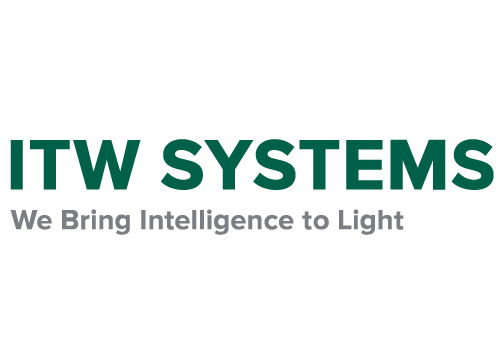With the global coronavirus pandemic, it is important for everyone – the state, businesses and the population – to respond accordingly. This means acting together, with preventing virus spreading being our top priority. After all, depending upon how long this pandemic will last and how it will spread across the country will also affect business and losses. Alexander Lopatin, founder of ITW Systems LED lighting company, spoke in an interview for the Channel 24 website about the impact of the coronavirus epidemic on the economy, the US government support for business, and his vision of interactions between government institutions and businesses in Ukraine.
“Speaking about our company, the epidemic consequences are not very noticeable right now. We have changed certain business processes and enabled our team to work remotely for their safety. Not all employees can perform their functions remotely. Nevertheless, we continue to pay salaries. For now, this financial burden is not devastating to our business. It is important now to work together towards stabilizing the situation as soon as possible,” said Alexander Lopatin.
Commenting on legislative initiatives to support businesses during the epidemic period recently adopted by the Ukrainian Government, Alexander Lopatin emphasized the importance of these steps.
“Of course, in such a difficult situation business needs support from the state to be able to ride out a storm and resume activities in the future. Such initiatives at least show that at the state level they are aware of the difficult situation in which entrepreneurs have found themselves. But at the same time we would like to understand how the Government plans to help the Ukrainian businesses to “withstand the storm” and quickly recover when the crisis subsides,” said the ITW Systems founder.
In the opinion of Alexander Lopatin, one of the instruments of support would be support for domestic manufacturers. Using the US as an example, Alexander noted that the US Government, by way of supporting US domestic business, decided to replenish its strategic oil reserves by purchasing them exclusively from US oil companies. Another good example is the US Energy Efficiency Program, in which, on one hand, the state provides financial support to entities implementing energy-efficient solutions, and on the other hand, stipulates the purchase of US-manufactured products (Made in America) as the prerequisite for obtaining such support. This model of operation is supported by taxpayers, as it promotes local business development and creation of jobs.
“Another good example is Bahrain. A few years ago, at my business meeting with Bahrain's Minister of Energy, he spoke about their experience of creating favorable conditions for domestic manufacturers. Even in government tenders, if the bid of a domestic manufacturer does not exceed other bids for a similar product by more than 15%, then the preference is given to the domestic manufacturer. I think the logic behind this makes perfect sense: local production means tax revenues, generation of jobs and wages. This in turn results in a rise in consumer spending, reinvesting in the economy and additional revenue for government budget” the speaker said.
Alexander Lopatin noted that he would like to see a similar policy in support of domestic manufacturers in Ukraine as well. Indeed now, Ukrainian businesses that are utilizing all of the resources to save their companies and jobs in times of crisis, have the right to count on certain preferences. This would not require any financial resources from the government. At the same time, it would allow companies to recover and continue their businesses after overcoming the epidemic.


























